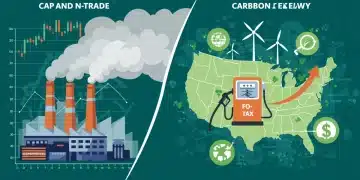
Analyzing Carbon Pricing Models in the U.S. Context: Cap-and-Trade vs. Carbon Tax
This analysis delves into the effectiveness of two prominent carbon pricing models, cap-and-trade and carbon tax, within the United States. We examine their respective mechanisms, economic implications, environmental benefits, and challenges, providing a crucial comparison for policymakers and stakeholders.
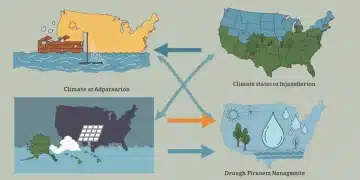
Evaluating US Climate Adaptation Programs: Success Rates
This report provides a critical evaluation of four prominent U.S. state-level climate adaptation programs, assessing their effectiveness in building resilience against climate change impacts and highlighting key factors driving their success or shortcomings.

Building Resilient Infrastructure: 7 Steps for US Cities
U.S. cities are actively seeking strategies for building resilient infrastructure to adapt to escalating climate shocks. This guide outlines seven practical steps for urban areas to enhance their defenses against future environmental challenges.
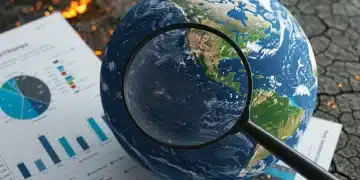
Unpacking the Latest IPCC Report: 4 Overlooked Insights for U.S. Climate Action in 2025
The latest IPCC report reveals four critical, often overlooked insights that are set to significantly influence U.S. climate action strategies and policy decisions as 2025 approaches, demanding immediate attention and adaptation.

Climate Change’s Urgent Threat to U.S. National Security by 2025
By 2025, climate change poses immediate, profound threats to U.S. national security, exacerbating global instability, straining military resources, and creating new geopolitical challenges.
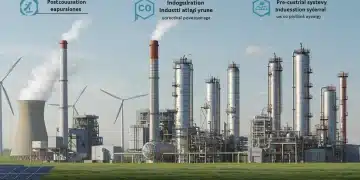
Carbon Capture Technologies: U.S. Emissions Reduction Analysis
A detailed comparison of three leading carbon capture technologies reveals their distinct roles in curbing U.S. industrial emissions. This analysis highlights their efficacy, economic implications, and operational challenges crucial for future decarbonization strategies.

Health Alert: 1°F Global Rise Impacts US Public Health Now
A 1°F global temperature increase is profoundly impacting U.S. public health this decade. Recent updates reveal escalating health crises from heat stress to infectious disease spread, demanding urgent adaptation strategies.
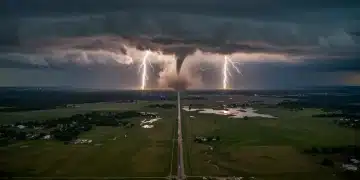
Extreme Weather Events U.S. Up 15% Last Decade
Data indicates a 15% rise in extreme weather events in the U.S. over the past decade, driven by climate change. This increase has significant implications for infrastructure, agriculture, and public safety nationwide.
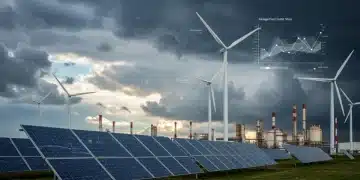
Time-Sensitive Climate Policies: 5 Key US Regulation Changes for 2025
As 2025 approaches, significant time-sensitive climate policies are poised to reshape U.S. environmental regulations, with five key changes expected to impact various sectors and accelerate the nation's transition towards a more sustainable future.
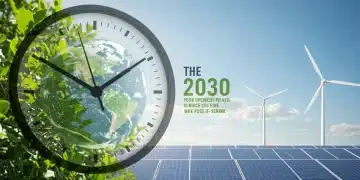
US 2030 Emission Targets: Crucial Deadline Approaching
The US 2030 emission targets are rapidly approaching, demanding immediate and decisive action. These ambitious goals are foundational to mitigating climate change, influencing critical policy decisions across energy, transportation, and industrial sectors, and shaping the nation's environmental future.